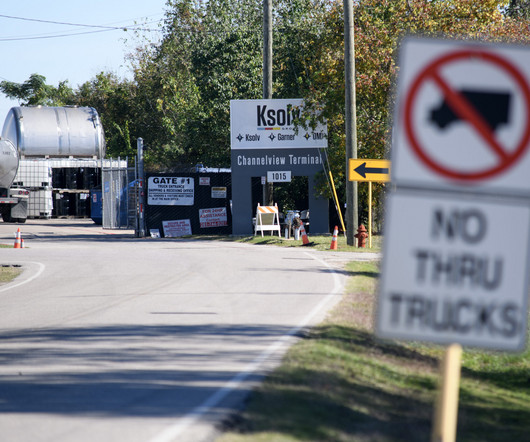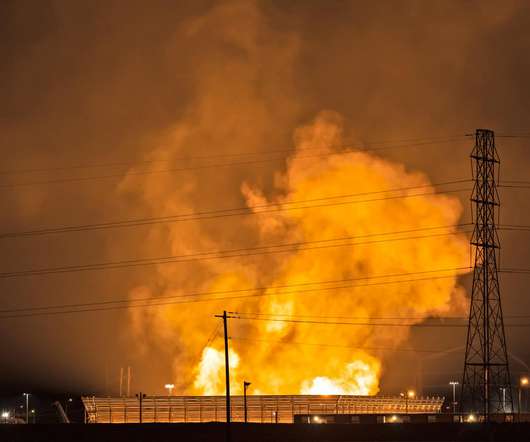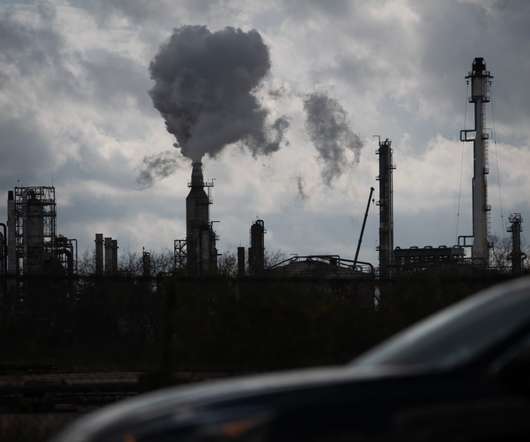Carbon offsets alone won’t make flying climate-friendly
Grist
AUGUST 11, 2022
In the presence of the sun’s rays, nitrogen molecules set of a chain of reactions that produce ozone and destroy free-floating atmospheric methane. percent of total warming in 2011 on aviation alone — which may sound small, but the number has been growing fast. It’s tough to pin down the meaning of all this chemistry.















Let's personalize your content